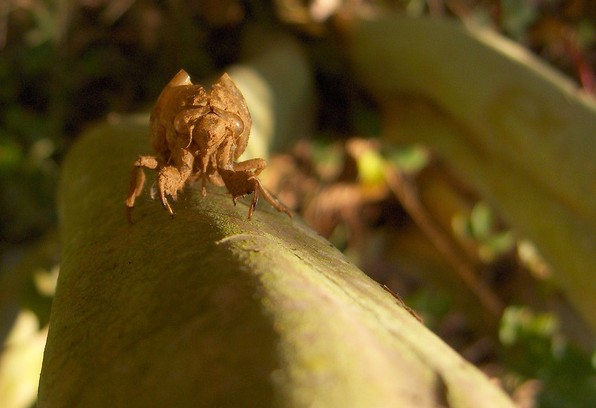The following comes from Ernie Pyle's Brave Men (pages 110-111). He humorously describes the World War II Italian campaign and the ways in which the troops tried to dispose of their extra cash.
My regiment ran a lottery, and the grand prize was a bottle of Coca-Cola.
It all started when a former member, then back in the States—Pfc. Frederick Williams of Daytona Beach, Florida—sent two bottles of coke to two of his old buddies—Corporal Victor Glover of Daytona Beach and Master Sergeant Woodrow Daniels of Jacksonville, Florida. Nobody in the outfit had seen Coca-Cola in more than a year. The recipients drank one of the bottles and then began having ideas about the other. At last they decided to put it up in a raffle, and use the proceeds to care for children whose fathers had been killed serving in the regiment. The boys hoped the Coca-Cola company would match whatever amount they raised.
The lottery was announced in the little mimeographed newspaper, and chances on the coke were put on sale at twenty-five cents apiece. Before the end of the first week the cash box had more than $1,000 in it. The money came in quarters, dollars, shillings, pounds, francs and lire. They had to appoint a committee to administer the affair. At the end of the third week the fund exceeded $3,000.
Then Private Lamyl Yancey, of Harlan, Kentucky, got a miniature bottle of Coca-Cola and he put it up as second prize. Just before the grand drawing the fund reached $4,000. All the slips were put in a German shell case, and the brigade commander drew out two numbers.
The winner and new champion was Sergeant William de Schneider of Hackensack, New Jersey. The miniature bottle went to Sergeant Lawrence Presnell of Fayetteville, North Carolina. Sergeant de Schneider was appalled by what had happened to him. That one coke was equal in value to eighty thousand bottles back home. “I don’t think I care to drink a $4,000 bottle,” he said. “I think I’ll send it home and keep it a few years.”
The Rome radio picked up the item, completely distorted it, and used it for home-front propaganda. The way it came out was that our soldiers were so short of supplies they were paying as high as $10,000 for just one bottle of Coca-Cola. Not only did they give the story completely false meaning, but they deftly added $6,000 to the kitty. Well, that’s one way to fight a war.
The "spin" of war news has not changed. The only difference is that during World War II it was the enemy press "spinning" the news to make it look like we are losing. Today, it is our own.
As for me, I wonder what happened to the $4,000 coke.
Peace
02 December 2005
Subscribe to:
Post Comments (Atom)

No comments:
Post a Comment